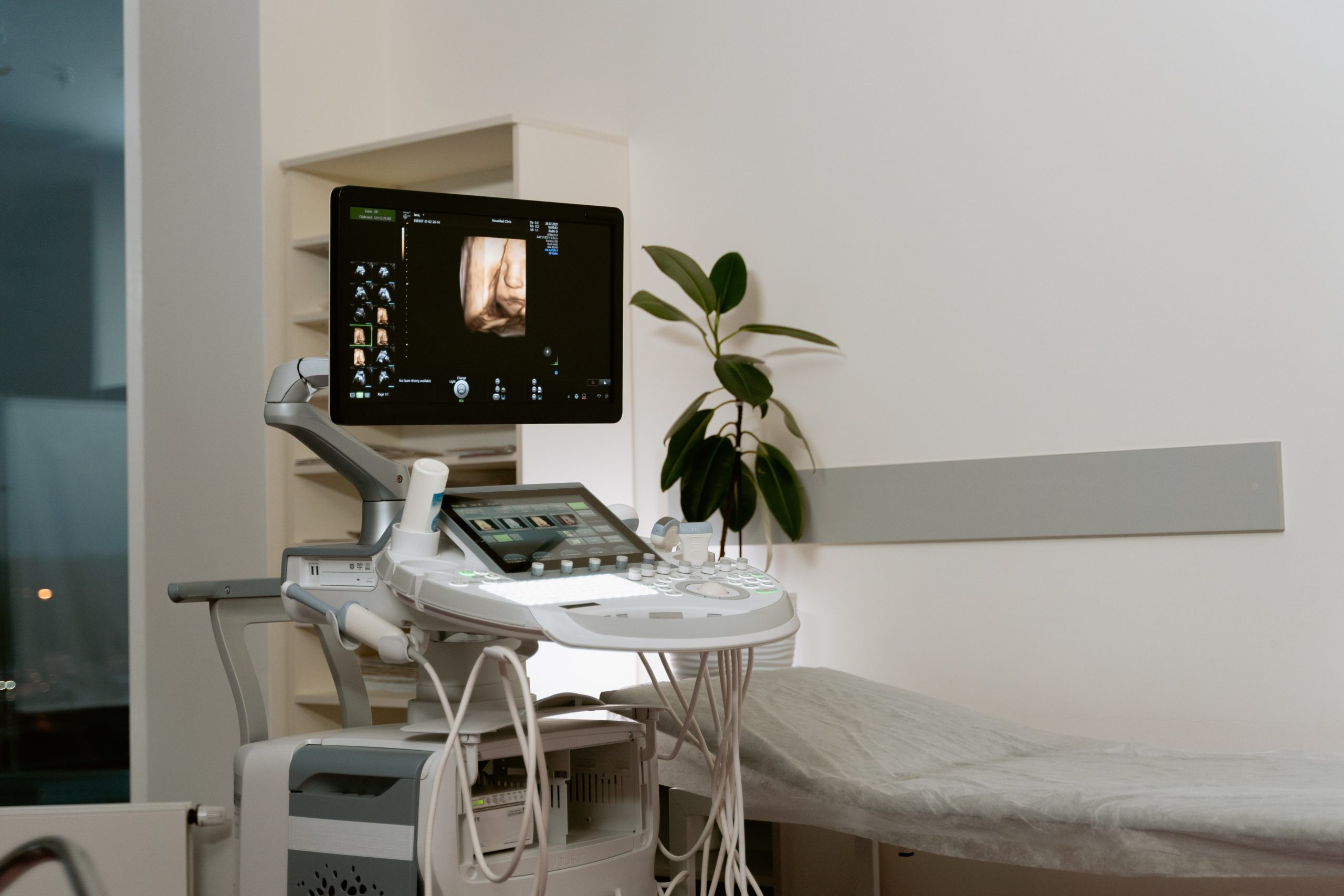5 Questions to Ask Your Gynecologist About Fibroids
Since being diagnosed with fibroids, I’ve been good about keeping my regularly scheduled gynecology appointments. If you’ve been wondering what questions to ask your gynecologist, you’re not alone.
However, despite visiting my doctor routinely, there was a period when I was clueless about my diagnosis.
I’d show up at my appointment with the intention of learning more about what I could do to get better. Yet, I’d leave every appointment with little understanding of fibroids and what to do next.
My doctors would be nice enough and ask if I had any questions. But my response would usually be no because I really didn’t know where to start.
Have you ever heard the saying, “You don’t know what you don’t know?”
I didn’t know what questions to ask at my gyno appointments. Even when there were tests, I didn’t know how to read the results or what information to inquire more about.
If you’re newly diagnosed with uterine fibroids, or you find yourself leaving appointments still feeling ill-equipped, this post is for you.
5 Questions to Ask Your GynoAfter a Fibroid Diagnosis
These five questions are a good starting point for a better understanding of your body. They’ll also help you make informed decisions when it comes to treatment.
What type of fibroids do I have?
There are three main types of fibroids: intramural, submucosal, and subserosal/pedunculated. Intramural fibroids are located inside the uterine wall. Submucosal fibroids grow in the middle layer of muscle. Subserosal fibroids grow on the outside of the uterine lining. Sometimes subserosal fibroids develop a stalk, making them pedunculated.
Knowing which type(s) of fibroids are present can help you and your doctor determine the best plan forward.
Where exactly are the fibroids located?
The location of a fibroid can help you determine why you may be experiencing specific symptoms and pain. It can also be a factor in determining if they will be an issue in fertility or pregnancy.
Do you suspect that their location and size may affect fertility or pregnancy?
A fibroid diagnosis does not automatically mean fertility issues. In fact, many women, including myself, have been able to conceive and carry to term with fibroids present. But, again, your doctor can give you a better understanding of any issues that can potentially arise.
How big are the fibroids?
Size is another factor in how fibroids may affect your health. Larger fibroids may mean more pain and can even impact surrounding organs.
Would you recommend a procedure at this time? If so, what procedures do you have experience performing?
Choosing to have a fibroid removal procedure is a personal decision. However, you should be able to collaborate with your doctor on whether this is something you need to do.
It’s also vital to get insight into which procedures your doctor has experience performing. Sometimes this is a factor in their recommendation. Also, ask about options your doctor may not perform but can refer out.
Are we doing any bloodwork or tests today?
This is also a great time to bring up chronic symptoms such as fatigue, pain, bloating, and heavy bleeding. Some symptoms may indicate a vitamin or mineral deficiency. Providing this information can help them recommend testing or screenings.
Remember to bring a pen and paper or be prepared to take notes on your phone. Have your doctor print out any information or draw any helpful diagrams that will help you make decisions.
Was there anything I forgot? Let me know in the comments below.







